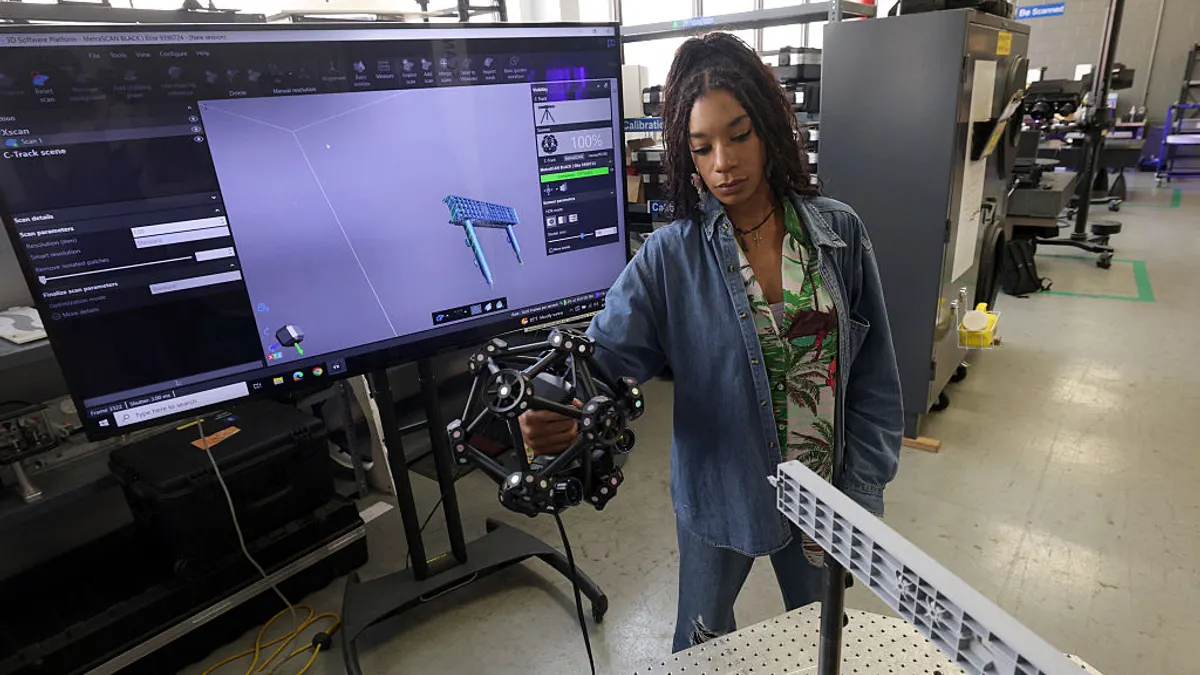A “silent standoff” is brewing between workers and employers over skills development that may worsen skill gaps if not addressed, according to a Sept. 23 report from DeVry University.
The troublesome dynamic has formed between workers’ perceptions of their abilities and employers’ requested qualifications, the report said. While 85% of workers surveyed said they feel confident their skills will keep them employable in the next five years, 69% of employers said they worry their workforce lacks the skills they need for future change.
In response, workers feel disengaged, DeVry said, while employers “are anxious but unclear about how to move forward.”
“While both workers and employers feel equipped for the present, many doubt their readiness for the future,” Elise Awwad, president and CEO of DeVry University, said in a statement. “When workers assume they’re prepared and employers fear they are not, the result is paralysis. Now more than ever, it’s critical to bridge this gap and create a roadmap for upskilling, reskilling and long-term workforce readiness.”
That perception gap shows up in various ways. For example, while 9 in 10 employers surveyed say they offer upskilling benefits, workers report declining access and “question whether employers are doing enough to help them build currency,” DeVry said.
Additionally, 75% of employers said they’re doing enough to help make workers resilient in the changing economy, but only 66% of workers agree.
Amid all of these changes, critical thinking, communication and adaptability — also known as soft skills — remain priorities for both the workforce and employers. Employers in a June report from TestGorilla agreed with this assessment, with 60% saying that soft skills were more important now than five years ago.
However, a recent General Assembly report also indicated that many entry-level workers may not be prepared for their jobs, pointing to a lack of soft skills as the reason. That report also showed disagreement over whether employers or workers were responsible for building those skills — meaning employers may have some work to do regarding skill building goals and clarity.















